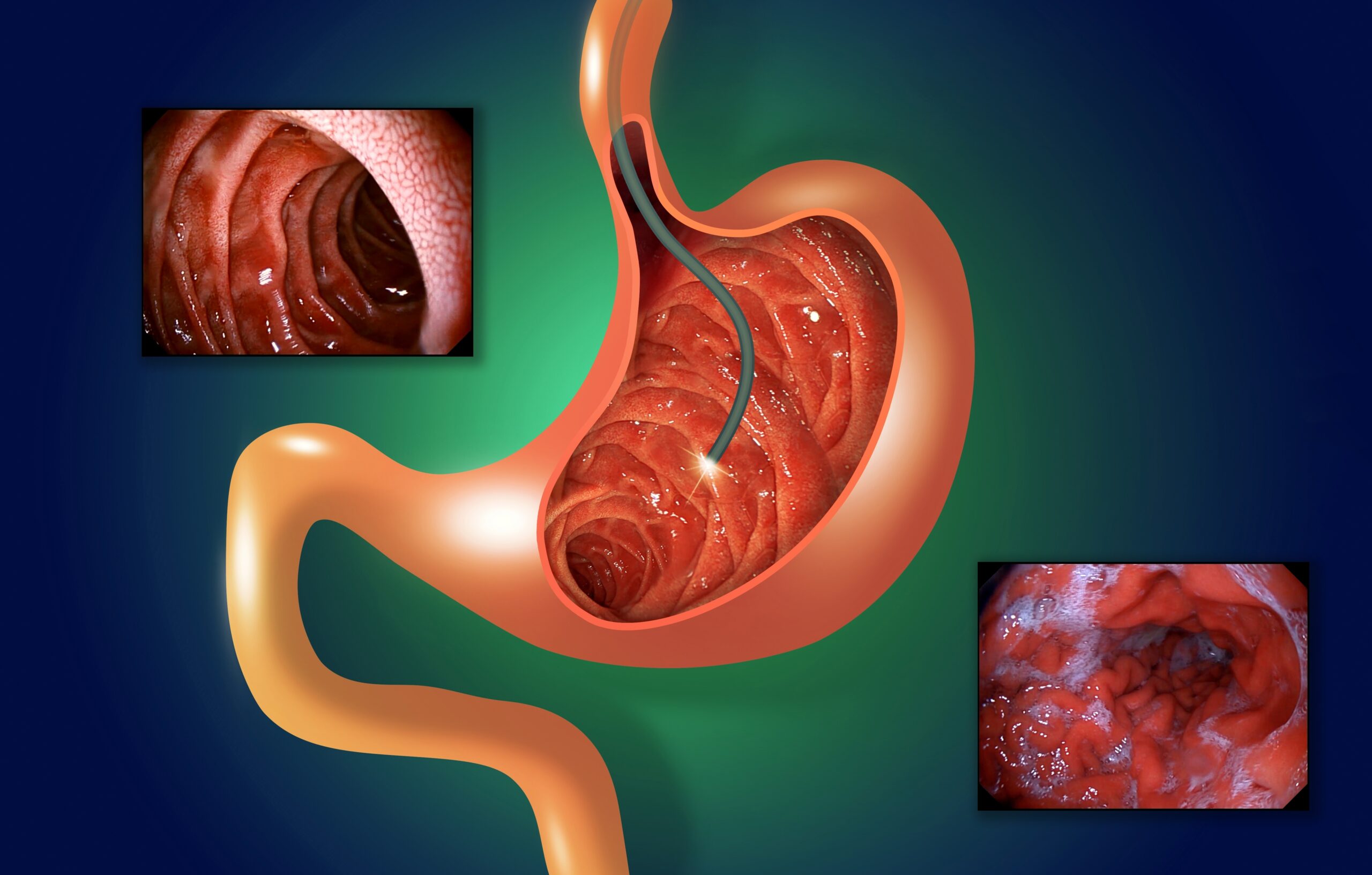Ambulatory endoscopy management strategies keep patients, finances healthy

Gastrointestinal (GI) endoscopy is one of the most common procedures in the US. Performed more than 17.1 million times per year in inpatient and outpatient hospital settings as well as ambulatory surgery centers (ASCs), GI procedures account for 68% of all endoscopies, according to a May 2022 article in Digestive…
Built to grow: Key elements of planning a new ASC

Are you part of the ambulatory surgery center (ASC) construction boom? If so, you’re not alone. Approximately 116 new facilities opened in 2023, according to Becker’s ASC Review, and more are planned for and underway in 2024. This trend shows no signs of slowing. Fortune Business Insights projects the US…
Report illuminates how AI transforms hospitals, healthcare

Editor's Note A paper published March 29 in the journal Bioengineering examines the growing integration of artificial intelligence (AI) into hospital and healthcare systems and the way in which it is augmenting clinical decision-making, optimizing hospital operation and management, improving medical image analysis, and transforming patient care and monitoring through…
A look back: The business manager role in a changing healthcare environment

Takeaways • Perioperative business managers can make significant contributions to a hospital’s financial health, but more than half of hospitals do not have this role. • Business managers’ earnings have increased in the past 5 years, while the number of direct reports has risen slightly. • The bachelor’s degree has…
Navigating challenges of connecting recalls to patients, inventory

Healthcare facilities face challenges in the recall process of tissue, non-biologic implants, and medical devices because of their time-sensitive nature and inherent risks to patient safety and compliance. Hospitals often use secondary sources for recall notifications. These lists, however, do not include two critical pieces—the identification of affected patient cases…
In the OR, behind-the-scenes adjustments make a big difference
Precision matters in the OR. Successful patient outcomes depend on carefully timed procedures, inventory selection, state-of-the-art equipment, and specialized staffing. These precise requirements represent a significant time and cost investment for hospital systems, and those investments are likely to continue to increase. The height of the COVID-19 pandemic presented considerable…

 Free Daily News
Free Daily News